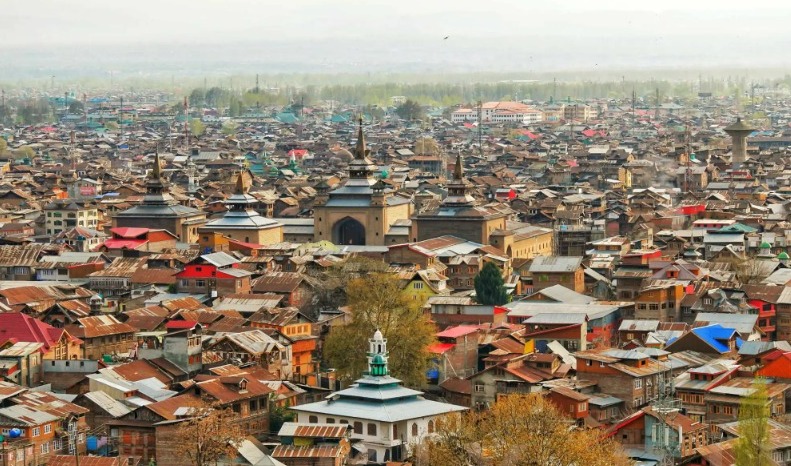
India’s largest-ever dementia study shows that residents of conflict-ridden Jammu Kashmir have the highest prevalence of the condition, in what is the latest body of research to show a possible association between the disease and exposure to trauma, reported The Telegraph.
According to a joint study published last week by the University of Southern California and AIIMS-Delhi, a leading Indian public medical research university, some 11 percent of the region’s over-60 population have developed dementia, the highest rate in India, the report said.
Dementia is not a single disease but refers to a range of disorders affecting the brain, causing cognitive decline and memory loss. Alzheimer’s disease is the most common form, accounting for around 60 percent of dementia cases.
Since the study’s publication, experts have called for further research to establish whether a 26-year insurgency that has raged in Jammu Kashmir could be a reason for the region’s high prevalence of dementia.
In 2019, a survey by Médecins Sans Frontières found 70 percent of Kashmiri adults had witnessed the sudden or violent death of someone they knew, while the average adult living in the territory has experienced 7.7 traumatic events during their lifetime.
“We do have more and more evidence that exposure to adversity, particularly in early childhood, changes our brain architecture and the ways the brain changes to deal with stress. We do see that early childhood adversity might be linked to later life dementia diagnosis.” was quoted as saying by the Telegraph
Links to trauma
Experts say a causal link has not been proven, but several published studies have already identified a “moderate association” between American war veterans suffering from PTSD and an increased chance of developing dementia later in life, the report said.
Ageing is considered to be the primary cause of dementia. But lifestyle factors including high blood pressure, excessive alcohol use and exposure to air pollution can speed up the degeneration of the nervous system, too.
Dr Insha Rouf is Jammu Kashmir’s leading researcher on dementia and has been trying to understand risk factors involved in the disease, as part of her work at Srinagar’s Institute of Mental Health and Neuroscience.
She has identified a higher rate of specific DNA variations amongst Kashmiris, known as ACE polymorphisms, which have long been associated with Alzheimer’s disease.
“We are genetically predisposed. But then I found loneliness and social isolation were also important risk factors for developing dementia in Kashmir’s population,” explains Dr Rouf.
“In fact we were harbingers of this kind of research on loneliness as early as 2013 and now the world recognises it as an important causal factor.”
“There are a lot of studies that show long-term exposure to stress can impact the brain’s hippocampus and its memory centre, which in turn can accelerate dementia.”
Experts say further studies now need to be done on the inhabitants of other conflict zones before a concrete link between trauma exposure and dementia can be confirmed.
In the short term, the findings from last week’s study should raise alarm among India’s health officials.
Over eight million Indians over the age of 60 are now suffering from dementia, the research says – double a prior estimate from the Alzheimer’s and Related Disorders Society of India.
India is already one of the world’s lowest spenders per capita on public healthcare and will now have to factor in funding for diseases like dementia as the country’s life expectancy further increases.
Currently, care falls on a patient’s family; it is estimated that it costs over £2,000, annually, to care for a family member with the disease in urban India. Yet the average salary in India is only £3,700.
The number of people with dementia in India is projected to reach 16.9 million by 2036, according to the University of Southern California and AIIMS-Delhi study.
“I think the bottom line is that countries all over the world are not yet equipped to deal with dementia and their populations are ageing now,” said Dr Seeher




